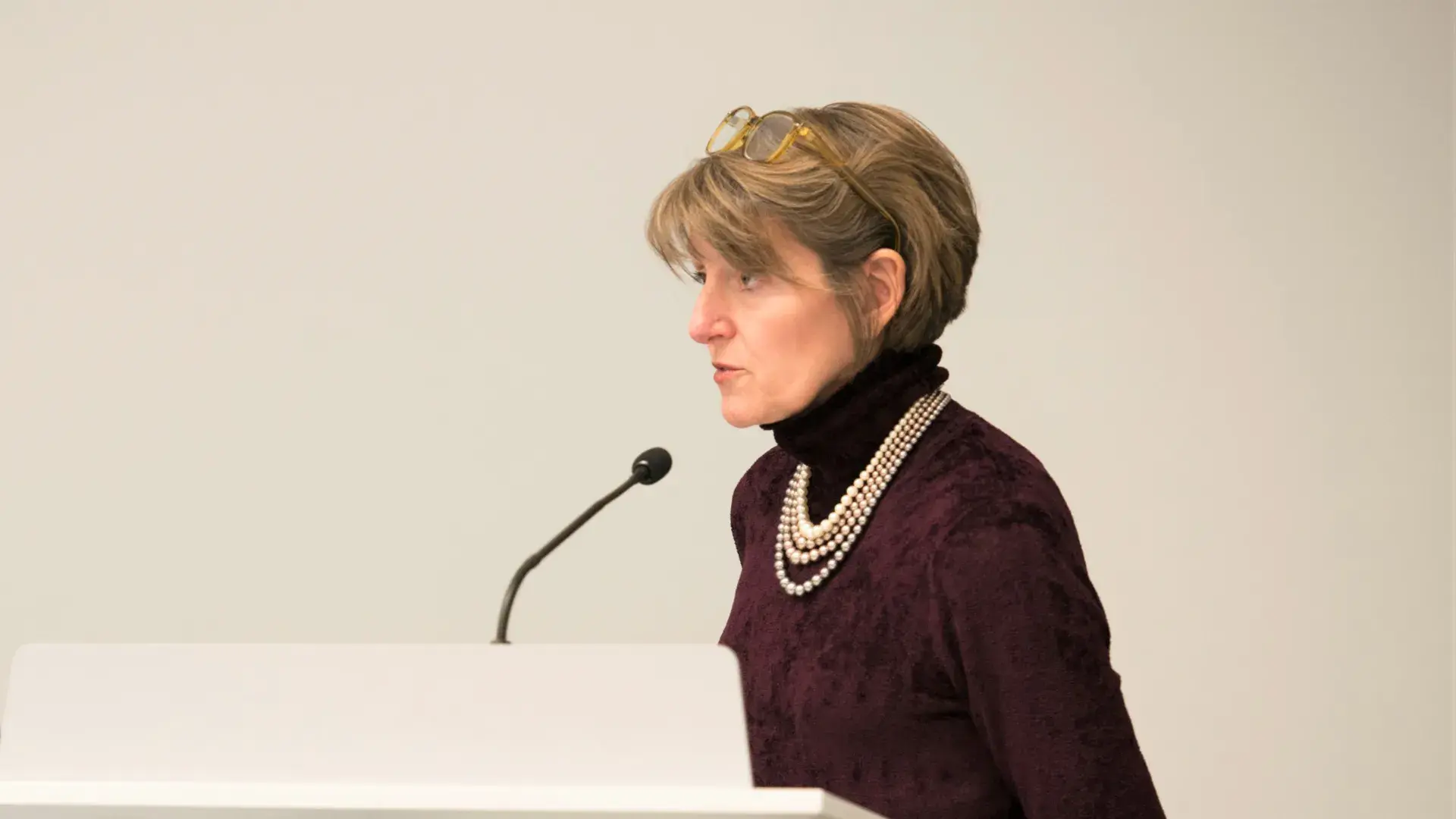
The Institute’s Department of Continuing Professional Development partnered with the Massachusetts Department of Public Health and the Reproductive Equity Now Foundation to launch a program to educate providers and patients of the state law.
The MGH Institute is playing a key role in a new Massachusetts campaign to raise awareness of a law that provides birth control benefits to eligible patients.
Because of the joint accreditation status of the IHP’s Department of Continuing Professional Development (CPD), the school partnered with the state’s Department of Public Health (DPH) and Reproductive Equity Now (REN) Foundation to develop and launch an online, asynchronous course to train and educate prescribers and pharmacists to ensure they share information about the law with patients and other health professionals. It also provides physicians, pharmacists, nurse practitioners, and physician assistants with 2.5 continuing education unit hours. The course is funded by the DPH.
The goal is to raise awareness of the Act Relative to Advancing Contraceptive Coverage and Economic Security in our State (ACCESS) law that requires all state-regulated insurance carriers to provide all FDA-approved contraceptive methods with no copay. Under the law, eligible Massachusetts residents can receive at no cost a year’s worth of birth control (after a three-month trial) as well as emergency contraception, also known as the morning after pill.
“One of the Institute’s missions is to support interprofessional education that impacts patients in a positive way,” said Dr. Susan Farrell, director of the CPD department. “So for us to be able to partner with an external group who shares our vision of what we're trying to create, it has to be one of the most successful partnerships we've had.”
Jill Clark, director of the DPH’s Division of Child/Adolescent Health and Reproductive Health, said, “We wanted to make sure that we were working with a trusted source of provider education capable of reaching a wide audience. And so that was why it was so important for us work with the Institute.”
The IHP’s course development team worked with REN staffers on developing the course using informative and engaging content. “This course speaks to the power of collaboration,” said Greg Moore, the instructional design manager who led the project. “It meets an important educational goal.”
Farrell said Ginny Do, assistant director of accreditation and operations in the CPD department, also was instrumental in the effort.
According to a recent market research study, 86 percent of eligible individuals surveyed were interested in receiving a 12-month supply of birth control at one time, but only half were aware of the option. Previously, patients would have to return to their provider every three months to renew their prescription. The publicity campaign outlines details about the law and its benefits, as well as guidance for learning about eligibility.
It has taken on increased importance in the aftermath of the U. S. Supreme Court’s decision in June to overturn Roe v. Wade, which guaranteed a constitutional right to an abortion. Farrell said discussions to create the course began prior to the court ruling, which is mitigated in Massachusetts because of a new bill signed into law in July that protects access to reproductive health care services that includes abortions and gender-affirming care from out-of-state legal action.
According to Sarah Lee Day, a lawyer and justice equity fellow at REN, the initial push to create the law began when the Affordable Care Act was under threat. While the law was passed in 2017, the state now has the funds to implement the law.
“It’s important to have these laws and that they're properly implemented,” Day said. “We want to continue to make sure that people that don't want to be pregnant stay not pregnant, because of people's concerns about accessing abortion services. We're really trying to eliminate every single barrier possible and move away from a contraception party realm to a contraception equity realm and treat contraception like you would treat any other medication.”
